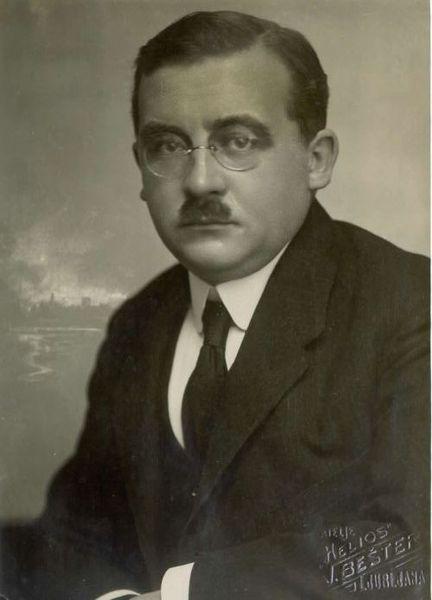Born in 1885 to a wealthy Ljubljana family, Vidmar competed in major tournaments for almost fifty years. As a young man, he frequently finished within the top five positions at international chess tournaments attended by the world’s biggest names. On several occasions, he was beaten only by the world chess champion José Raúl Capablanca of Cuba.
But when Vidmar played against Capablanca in London back in 1922, the victory could have easily gone to Vidmar – even though he had been losing the match.
Vidmar’s position in the game was hopeless, and he knew it. In fact, he was already thinking of resigning at some point in the game, and mentioned that in passing to Capablanca during a break. However, Vidmar chose to stay in the game; he came back to the table and made his next move. He awaited Capablanca’s return, but the world champion was nowhere to be seen. As Capablanca’s clock continued to run down, Vidmar grew increasingly anxious. What if, Vidmar wondered, Capablanca had misunderstood his intentions during their earlier conversation? (They had spoken in French, even though neither was proficient in the language.)
With just a minute or two remaining on the clock and with Capablanca still gone, Vidmar realized that he had only one honorable move to make. He knocked over his own king, thereby forfeiting the game. When Capablanca finally returned to the table, he gave Vidmar a smile, still not comprehending what had just transpired. In the end, Capablanca finished second in the tournament. Vidmar was third.
Fourteen years later, the president of the British Chess Federation referred to Vidmar as “the man who played the fairest move ever seen in England.” Vidmar had become an example of fair play in chess.
In 1950, Vidmar became Yugoslavia’s first grandmaster, and an annual chess tournament in Slovenia is now known as the Milan Vidmar Memorial.
He was also a prolific writer and an electrical engineer. He served as the dean and the chancellor of the University of Ljubljana, where he helped to set up the Faculty of Electrical Engineering. After World War II, he founded the Electric Power Research Institute, which now bears his name.
Vidmar died in 1962, at the age of 77.
Jaka Bartolj


































































